Autism, or autism spectrum disorder, (ASD) is a neurodevelopmental disorder characterized by difficulties with social interaction and communication, and by restricted and repetitive behavior. Affecting 1 in 68 children, Autism Spectrum Disorder is one of the fastest-growing developmental disorders in the United States. While each child is unique, the common symptoms of ASD include:
- Difficulty in social situations
- Preoccupation with certain topics or subjects
- Sensory sensitivities, such as noise, light, clothing, or food
- Communication difficulties, such as problems developing speech or understanding social language, difficulties with eye contact or use of gestures
Among the many treatment options for children diagnosed with ASD is that of exercise intervention. Positive results have been reported from recent studies on the benefit of sports — specifically, Judo, as will be detailed below — to help children with ASD strengthen social bonds, while also encouraging new bonds through friendships.
Benefits of Exercise
Maintaining a healthy and active lifestyle is beneficial for everyone but staying active is especially beneficial for children with autism. Routine exercise not only provides physical benefits, it also provides social and mental benefits. Exercise therapy can help by:
- Reducing stereotypic behaviors – Engaging in vigorous exercise (20 minutes or more, 3 to 4 days a week) has been shown to be beneficial in decreasing stereotypic (self-stimulatory) behaviors, hyperactivity, aggression, self-injury, and destructiveness.
- Improving social skills – Engaging with peers in social settings can be difficult, due in part to anxiety, an inability to read social cues, low self-esteem, decreased verbal communication, etc. Sports programs build social relationships, demonstrate how to work with others to accomplish goals, and build confidence.
- Establishing a routine – Routines are incredibly important for children, especially those with autism who tend to perform repeated self-stimulatory behaviors because it provides comfort with which they are familiar. Structured physical activity helps these children transition into new routines with less difficulty.
- Promoting weight loss – Autism is related to a higher risk of early childhood obesity, leading to a greater probability of more severe illnesses such as diabetes, heart disease, bone, and joint problems. Children with autism tend to live more inactive lifestyles, making it harder for them to maintain a healthier weight.
- Improving attention – Children on the autism spectrum have trouble staying attentive, not only in the classroom but also at home. One reason for this decrease in attention is due to the stereotypic behaviors that become a distraction. Increasing their time spent in exercise helps to decrease these behaviors, thereby improving attention.
Judo as Exercise Therapy
Because team sports are challenging for those with autism, individual sports are often a better choice. Judo offers the perfect combination of physical activity and mind–body exercises that help children with autism.
Judo was developed in 1882 by Professor Jigoro Kano as a combat martial art. Today judo, practiced by millions of people throughout the world, is a system of unarmed combat and modern Japanese martial art. Judo is also an Olympic sport, introduced into the Olympic games in 1964. Its primary goals are to strengthen the body, mind, and spirit in an integrated manner, as well as teach techniques for self-defense.
The name judo was chosen because it means the “gentle or yielding way.” It is distinguished from other martial arts because of its emphasis on “randori”, (meaning free-style practice or sparring) rather than “kata” (meaning “form”, referring to a detailed choreographed pattern of movements practiced alone). It is best known for its spectacular throwing techniques, but it also involves considerable grappling on the ground using specialized pins, control holds, arm locks, and other judo techniques. These techniques serve to improve gross motor coordination, which is linked to improved body control, such as running, jumping, kicking, and climbing up and down a ladder. It also emphasizes safety and maximum physical activity in order to achieve top conditioning. In addition, judo is characterized by its moral code and promotes virtues such as self-control, friendship, prosperity, and mutual respect.
While karate, another form of martial arts, also has documented benefits related to social interaction, judo has the added emphasis on mindfulness and self-defense, thereby providing added benefits. Judo is not only an exceptional sports program for reducing sedentary behavior and increasing confidence, it also encourages responsibility and discipline.
Judo holds promise for addressing some of the challenges that children with ASD face, such as communication deficits, high levels of anxiety, difficulties with social interaction, aversions to physical contact, and preferences for structured and repetitive activities. Judo promotes social interaction and alternates between low, moderate, and high-intensity exercise that helps develop balance, strength, and coordination.
Recent Research Into Benefits of Judo
“If there is effort, there is always accomplishment.” Jigoro Kano
Exercise, known to contribute to or enhance treatment outcomes, also helps manage behaviors and improve academic performance. In addition, it provides holistic health benefits, minimizing many of the health risks associated with inactivity.
According to a recent study conducted by researchers at the University of Central Florida, practicing the martial art of judo is a practical option for helping children with autism to be more active as well as learn to interact appropriately with others.
The pilot study concluded that practicing judo gave children with ASD more opportunities to engage in physical activity, thereby reducing their risk of heart disease, obesity, and more. Interestingly, after the study, the children involved expressed interest in continuing to practice judo while their parents reported that their children appeared to be more comfortable with social interaction and overall physical activity.
Jeanette Garcia, an assistant professor in the College of Health Professions and Sciences at UCF who led the study, stated “This first cohort of students in the judo program showed positive results in achieving the desired health outcomes. We will extend the study with this cohort and others to continue to assess the impact of the program. If it continues to be successful, we look forward to developing a program that schools can use to implement their own programs.”
This is highly promising news for anyone searching for tools to help children with autism develop the life skills necessary to enjoy a more fulfilled life. If you or a family member are interested in trying one of our Judo programs, just come on down – Schedule and Class Times are at the Bottom of the Page. At Tri-City Judo, you are welcome anytime.

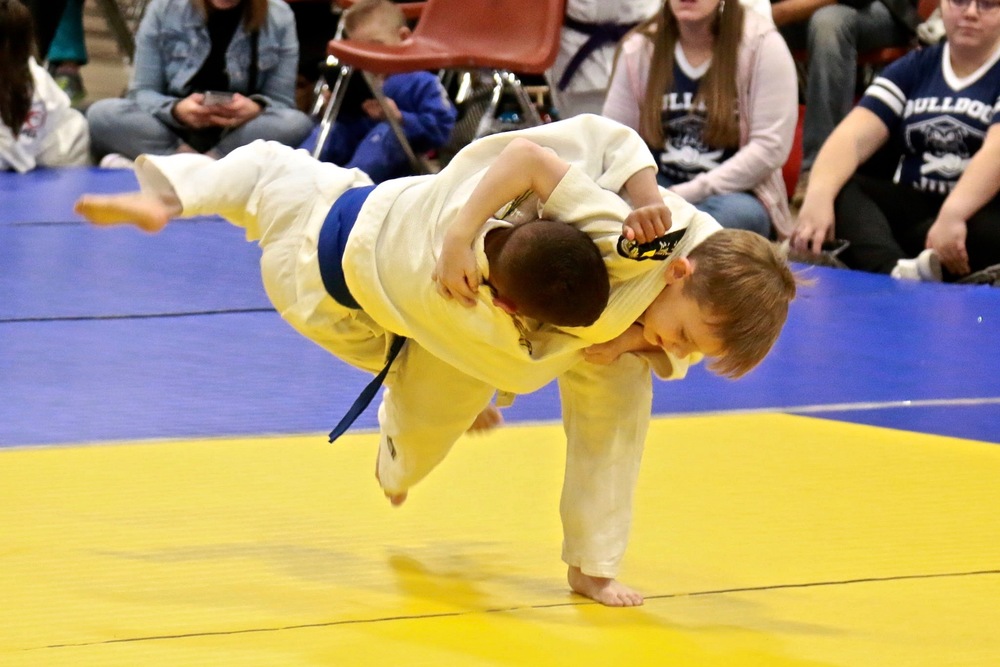
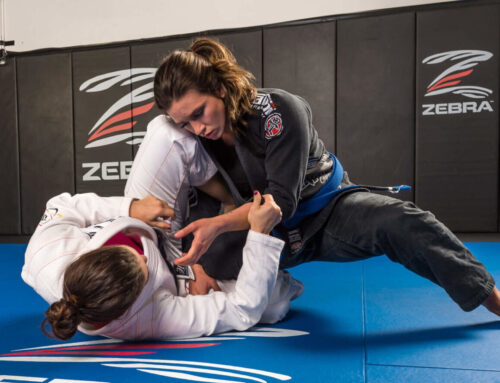
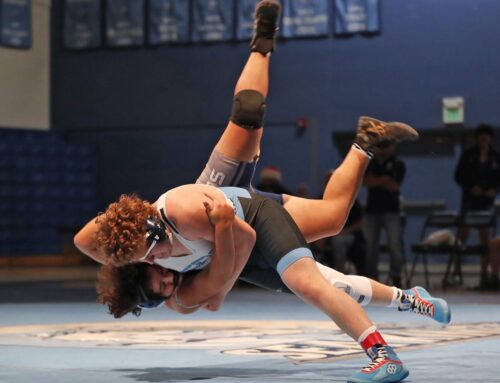
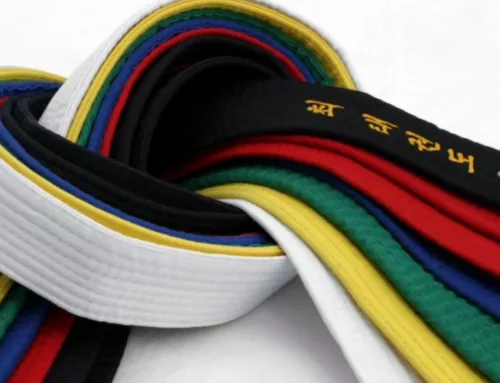
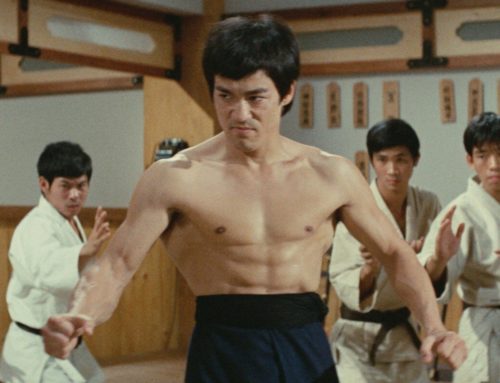
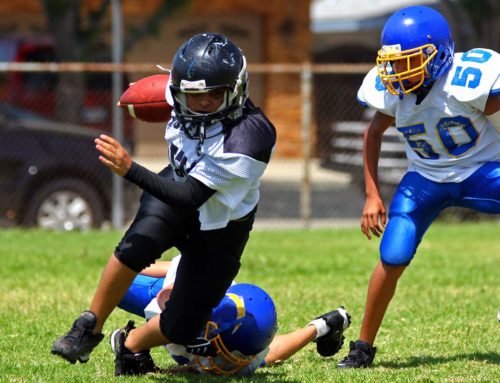
Leave A Comment